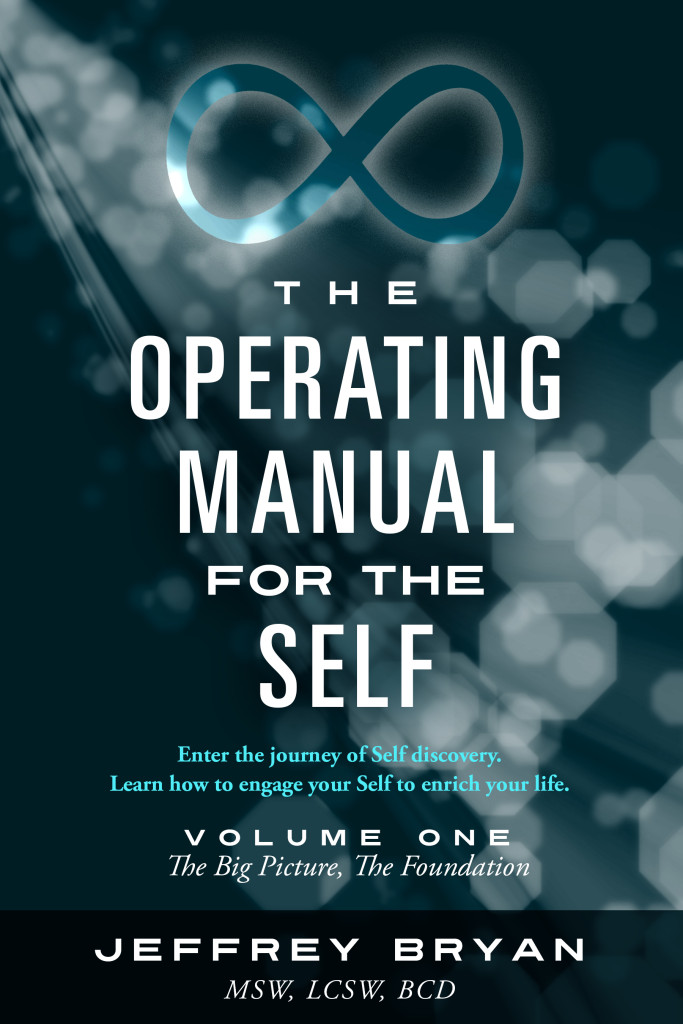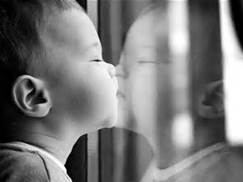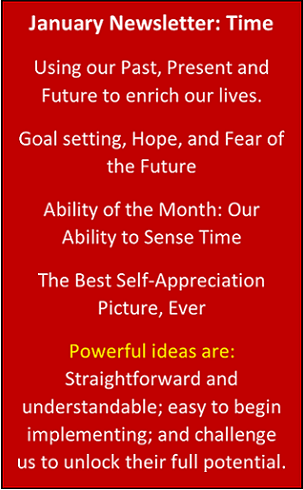Welcome to January 2017. Let’s congratulate ourselves for surviving 2016. Wow, what a year it has been, no matter what country you live in. What does it mean to start a new year? As an old year ends and a new year begins it shows us that there is a cycle to time. The new year has some old, familiar, repeating aspects from the previous year. This continuity is comforting to us. We also know that the new year will bring new events into our lives, which we contemplate with a mixture of excitement and anxiety. The beginning of a new year is an opportunity to think about time. We use time to bring order to our lives. Our experience of time is divided up into the past, present and future. Past, present, and future have different meanings and significance to us according to our stage in the life cycle. A child experiences time very differently than an adult or senior. (See The Operating Manual for the Self for a full exploration of the life cycle.)
The infinity sign: is our symbol for the flow of life processes. We live in the present moment, but our consciousness flows back to the past, ahead to the future, and back to the present. 
PAST, PRESENT AND FUTURE
We have heard that we should learn from the past, live in the present, and plan for the future. This may be a cliché but there is profound wisdom here that is not easy to put into practice.
The Past
Learning from the Past
What do we want to learn from the past? We want to learn what works and what does not work to get us what we want. As we do this we become more effective in creating what we want in our lives, and then, over the years, we accumulate wisdom.
To be able to learn from the past we need to:
- Allow ourselves to make mistakes without the self-blame and guilt that prevents us from thinking about the past.
- Be willing and able to think about our behavior and the consequences of our actions, asking: “Did our actions get us what we wanted?”
Letting go of the Past
We need to let go of the pain from the past in order to learn from the past and to live in the present. How do we know if we have done this? We simply don’t feel the pain we use to feel when we think about the past. There is emotional neutrality about the past.
Point of empowerment: Letting go of the past is a complex task.
Practice: Begin, or continue with, the journey of letting go and of healing the past.
The Present
Living in the Present
To live in the present, be open to your experience of the present moment. In the present moment, we may be perceiving something that is coming to us, or we may be engaged in taking some action. In perceiving, we experience our feelings and our perceptions of sight, sound, smell, touch, and taste. We are not lost in thoughts about what is happening in the present moment. Of course, we can think about our experience, but we save that for later.
If our present moment is taking action, our thoughts, feelings, and actions are not contaminated by pain and distortions from the past. We act with an appropriateness that makes our behavior effective in expressing our intentions and purpose.
 All you need is one idea to change your life.
All you need is one idea to change your life.
You will find many life changing ideas in
The Operating Manual for the Self.
The Future
As you look into the future:
- What are your hopes and dreams?
- What are your expectations and anticipations?
- What are your plans?
- What are your fears?
- How do you want your future to be better than your present?
Practice: Take time to answer these questions, writing your answers down. What do you like about your answers and what needs changing?
Goal Setting
Most of us are familiar with the idea of setting goals to make our future better, but we tend to give lip service to the idea rather than set goals that we try to achieve. Why is this? We have a natural resistance to goal setting: our fear of failure and our fear of change. We are also afraid of making the mistakes that lead to failure. No one is exempt from these fears. These are complex fears but one antidote to the fear of failure is self-acceptance. Self-acceptance says: “Since I am a fallible (not perfect) human being it is ok to make mistakes and to fail.”
Hope
Hope is profound. It can excite us about the future, give us motivation, and even keep us alive, especially as children. As a child, we can remember moments when we desperately hoped that the future would be better than our present. This gave us the strength to keep going. We can see the power that hope can have. As an adult, hope needs to be realistic otherwise it can, paradoxically, be a “hopeless” trap.
Fear of the Future-Reduce It
We have a natural fear of the future which is caused by our fear of change. If we use goal setting and hope, we can reduce our fear of the future.
Ability of the Month: To Sense Time
As we understand the importance of time in our lives we can appreciate the importance of our ability to sense time. Though we are born with the ability to sense time, developing the skill of using time to our advantage is our accomplishment. When we consciously choose what our present moments will be, we develop that skill into mastery. We master time.
The Joy of Self Appreciation
 Point of Empowerment: Appreciate yourself for your ability to sense time.
Point of Empowerment: Appreciate yourself for your ability to sense time.
Practice: Appreciate yourself by:
*Having a fully sensuous present moment full of pleasure.
*Creating great birthday celebrations for yourself.
*Patting yourself on the back for having come this far.
*Planning something fun for the future.
Let’s unite in developing our human potential. Share this newsletter with others. Please visit our website, IIFSD.org. We invite you to participate, (as suggested in the Participation Menu selection). When you buy The Operating Manual for the Self, you support our vision and mission. When you read The Operating Manual for the Self, you leap forward in your personal self-development and evolution. Copywrite IIFSD.org, 2017. All rights reserved.

 (
(